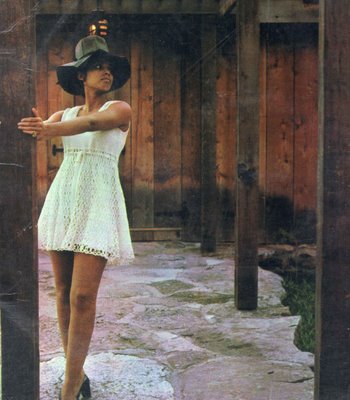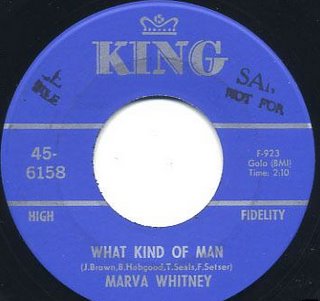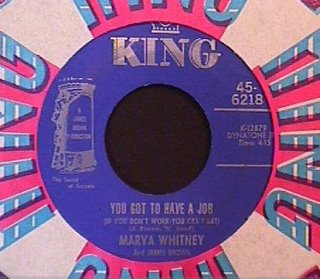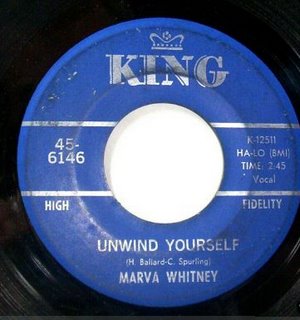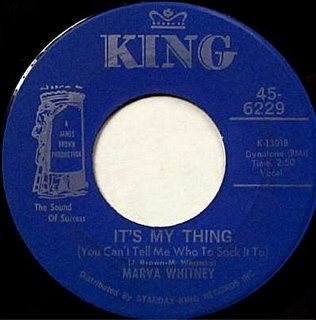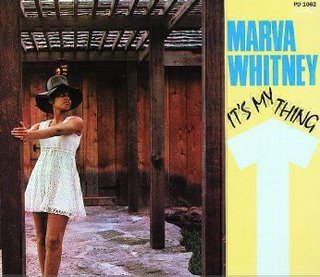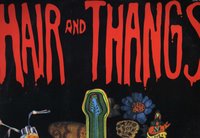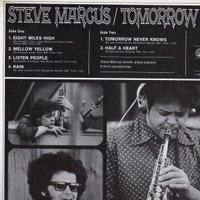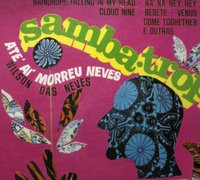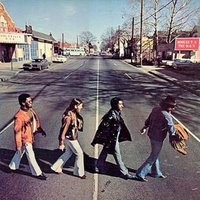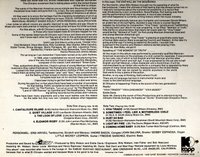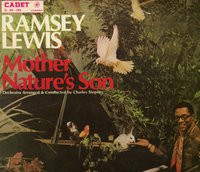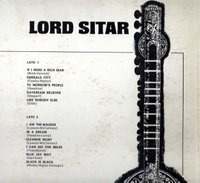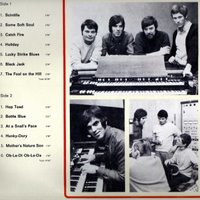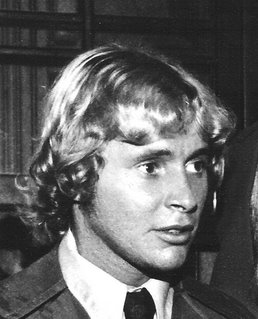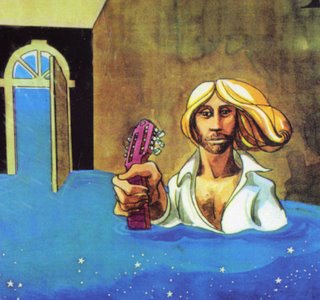Interview with Lonnie Liston Smith

At this time we need Spiritual vibrations more than ever.
I had the great opportunity to get in touch with one of the great jazzmen
who was and still is very Spiritual in his way of thinking and exploring
jazz.
As you have read in my introduction to Lonnie Liston Smith he was very into
that Spiritual, Creative, Astral , Deep movement, along with Pharoah
Sanders and Leon Thomas (Peace be with him) among others...
As I knew, I discovered a Deep Man, a great musician and a new friend !
He also gave me some unpublished pics that you will see for the first time
here in JAZZMOTEL!!
This is what Lonnie Liston Smith and I talked about...

Lonnie , How have you defined your style, your piano playing style?
Which pianists or musicians have inspired your vision of jazz music?
I always wanted to develop a universal style of music, and when I am playing the piano and keyboards I try to be aware of the importance of using space. Miles Davis told me one time that musicians don't realize that what they don't play is just as important as what they do play.Miles Davis and John Coltrane inspired my vision of music the most! Also Debussy and Ravel inspired my vision of music.

One of your first important experiences was with Art Blakey, thanks to the help of the player Mickey Bass . Tell me about your experience with Art Blakey and the great jazz scene .
Working with Art Blakey was a great experience because each member of the group would write songs and Art would not come to the rehearsals until we had learned all of the new songs, then he would come in and sat behind the drums and play each song as if he had heard these songs before. It was amazing how Art could interpret these songs so quickly.
Another drummer who helped to increase your credibility was Max Roach. You played with him for about a year and then later recorded two albums with Rahsaan Roland, right up to 1968 when you met Pharoah Sanders.
what is changed after the encounter with Sanders ?

Working with Max Roach was quite a different experience because Max played in so many different time signatures (5/4, 7/4, etc.). People don't realize Max Roach taught Dave Brubeck and his band how to play in 5/4 time. When I played with Rahsaan Roland Kirk I had to play all types of music. Rahsaan liked to play the blues, dixieland music and also straight-ahead jazz.

That period was very much influenced by the spiritual slipstream left over by Coltrane. You started to experiment with the electric piano indian tambura and composed a few songs that later became defined as Cosmic Jazz .
Tell me about that sort of energy that influenced you, Leon Thomas, Pharoah Sanders and many other musicians of that period…
“Thembi “, "Upper Egypt", "Karma", "Creator Has a Master Plan", "Summun, Bukmun, Umyun", and "Jewels of Thought” were a sort of astral journey of jazz.
What kind of feeling was there in that period and how did jazz music blend with spirituality?
Leon Thomas, Pharoah Sanders and myself developed a whole new concept of jazz. I wrote most of the music for the group when we were together. We would stretch the music as far out as we could, and then bring the music back down to earth.I wrote "Astral Traveling" for Pharoah and that song really represented "Cosmic Jazz". In that song I tried to capture the feeling of floating through space.
I want my music to heal all of the problems on the planet Earth, like wars, man's inhumanity to mankind, because if we don't learn to live in peace and harmony, then this whole planet will be destroyed.

You also performed on the recordings of Miles Davis’ “On The Corner” and “Big Fun”. How much did your closeness to Miles contribute to your evolution in jazz, a music that was becoming evermore experimental and open to certain influences and experimentations with electric instruments and free expressions in music.

Working with Miles Davis was the "ultimate"! Miles was a musical genius on stage and off stage! Every night working with Miles I had to be very creative because Miles had me playing a new keyboard, "The Yamaha Electric Organ". He wanted to hear a new sound and the only time I had an opportunity to play the new keyboard was on stage.
In 1974, after the experience with Gato Barbieri and the Flying Dutchman label, Bob Thiele, who had supported the album by Sanders, helped you to obtain your first contract for an album as a solo artist and leader. That album was “Astral Travelling”
Than the Cosmic Echoes were born .
Did that album allow you to record what you had in mind at the time?

After working with Miles Davis I formed "The Cosmic Echoes". I saw that Miles had hooked up a lot of pedals to his trumpet, like the wah-wah pedal, etc.. So
I decided to hook up all these different pedals to my Fender Electric Piano and that's how I discovered the Lonnie Liston Smith Sound on the Electric Piano.
How did the passage to Jazz Funk happen? Which sounds inspired this move?
In 1975, with “Expansions” you defined your style by creating a sort of Funky Jazz, very fresh but still maintaining your spiritual and astral vein. What can you tell me about this album?
After I recorded "EXPANSIONS", The Entire World labeled me "THE GODFATHER
OF JAZZ FUSION FUNK".
“Visions of a New World” and “Renaissance” were the next step, electric piano with echo and wah-wah effects, percussions and funk. In all of your work percussions are always much involved and you use more than one percussionists on one album.
How important were the percussions to you sound?

The sounds of different percussion instruments are very important because the sounds are so cosmic and universal, so I try to use percussion instruments as much as possible.
thanks Lonnie .
Thanks JAZZMOTEL Peace
Labels: Flute, funk, groove, jazz, Jazz Flute, pharoa sanders, poetry, spiritual jazz





















